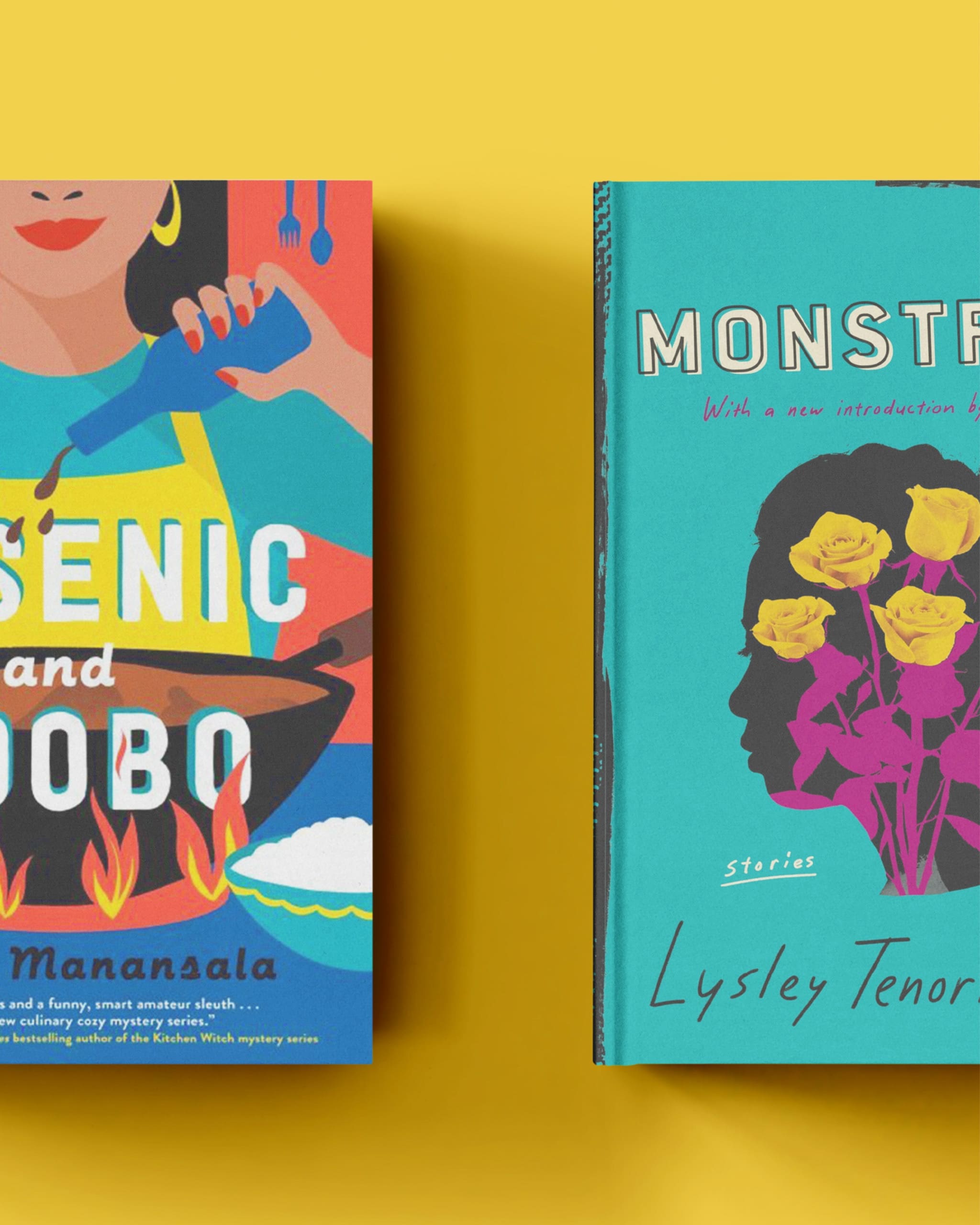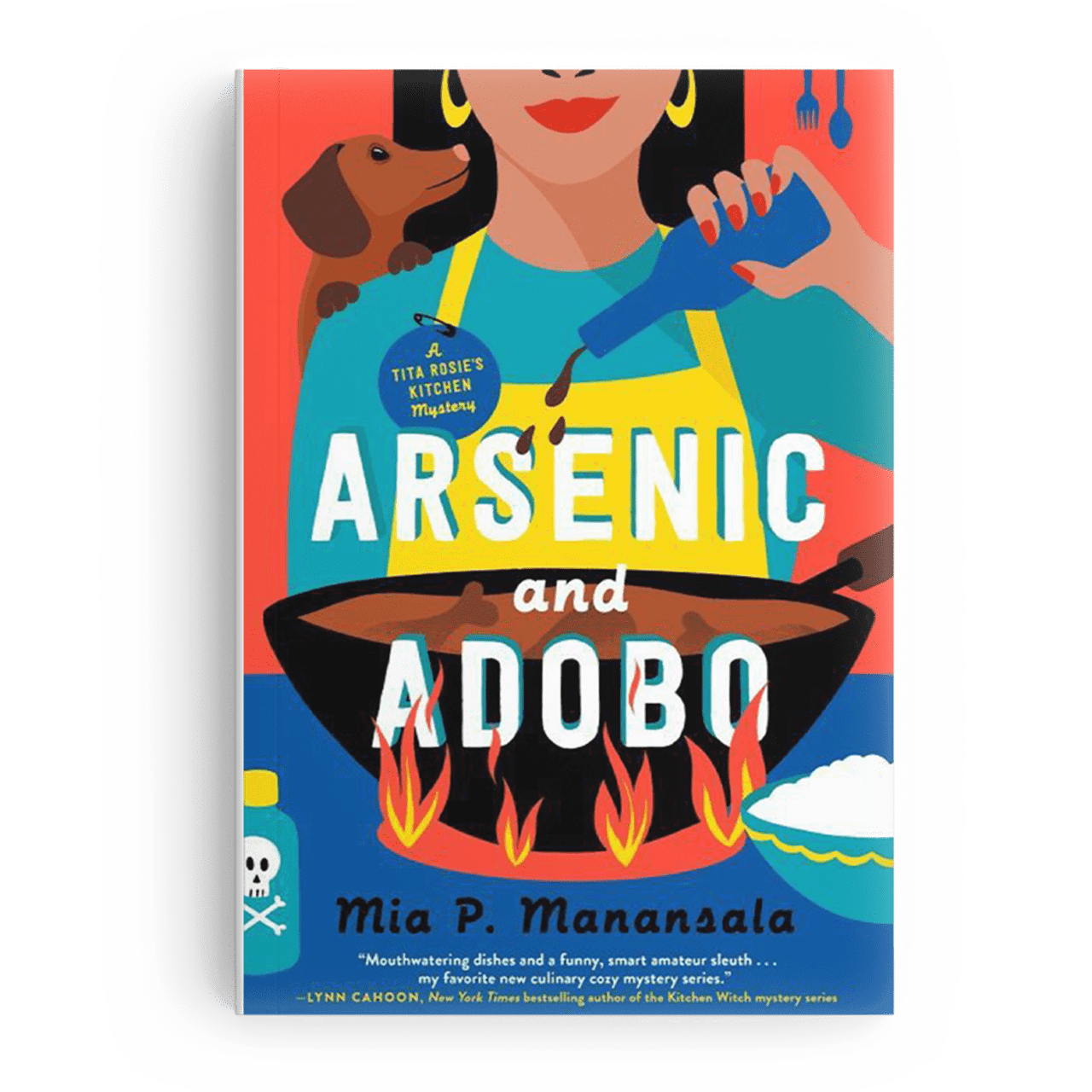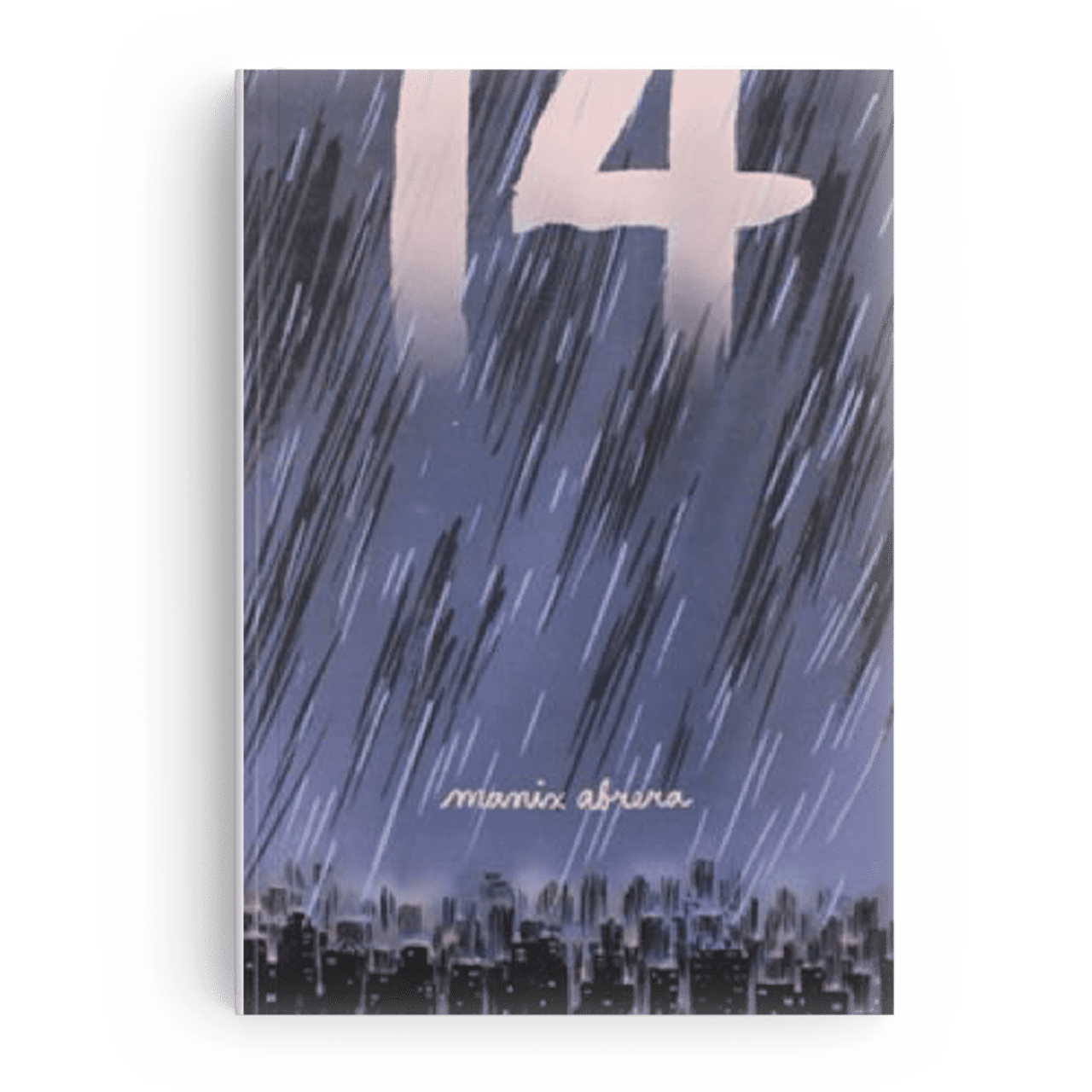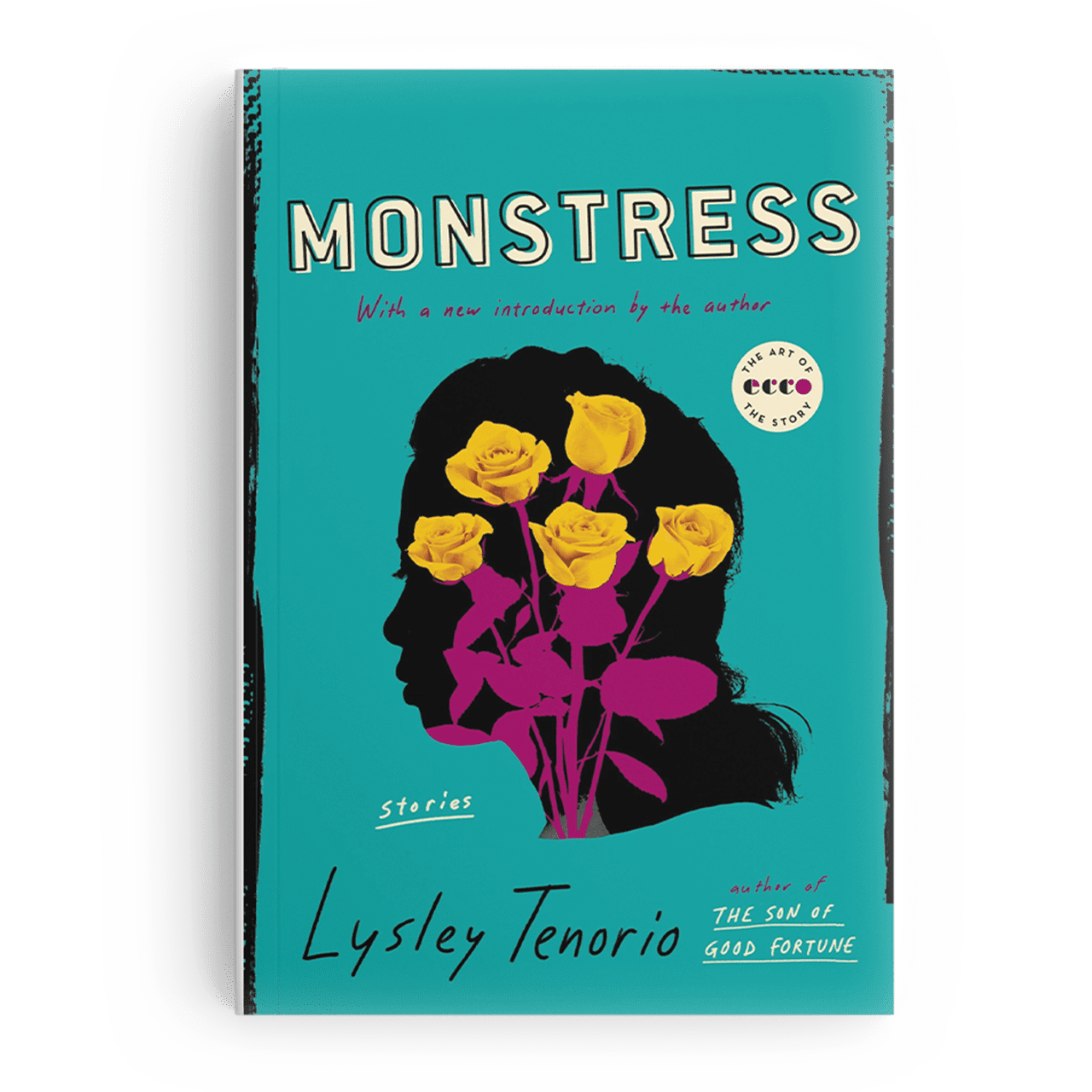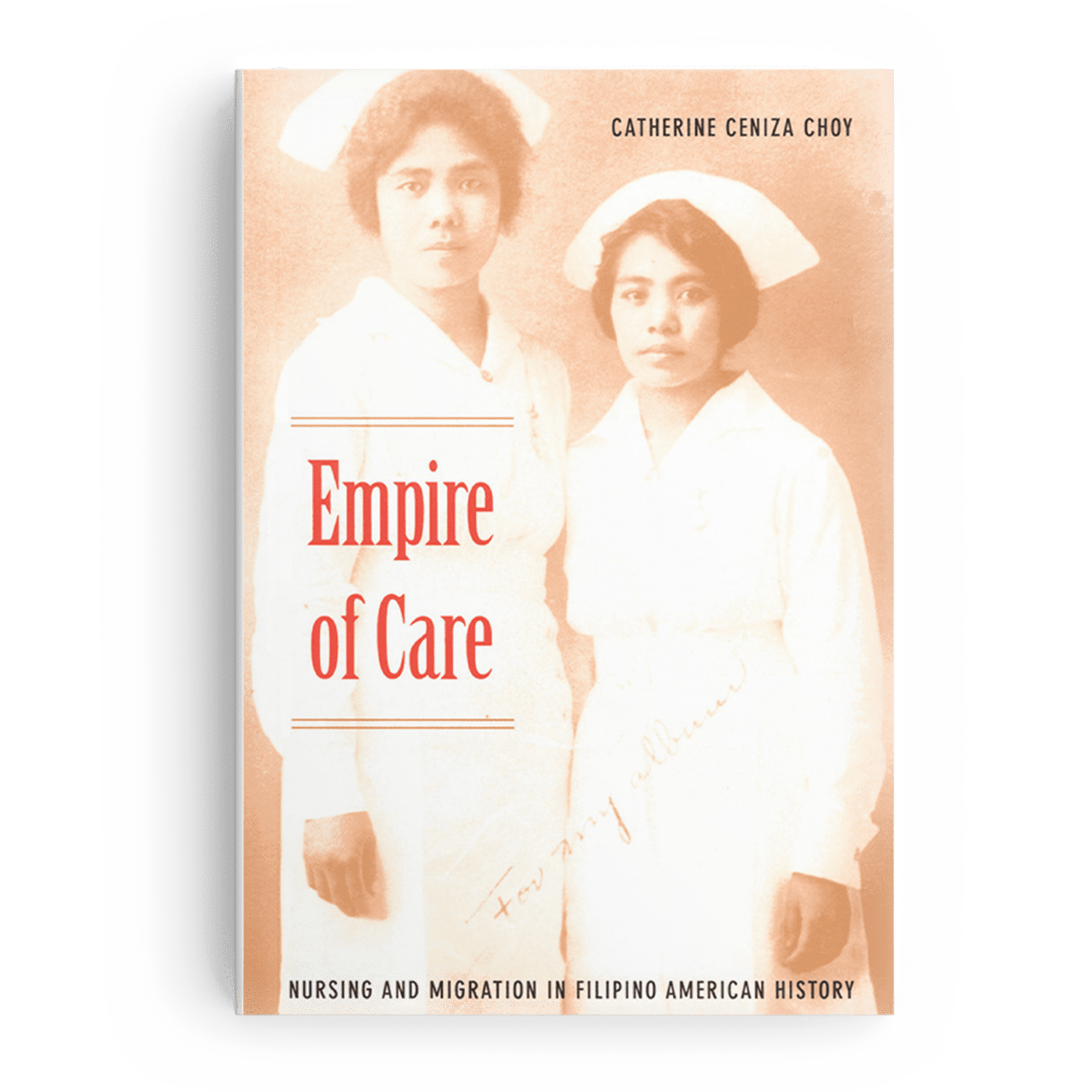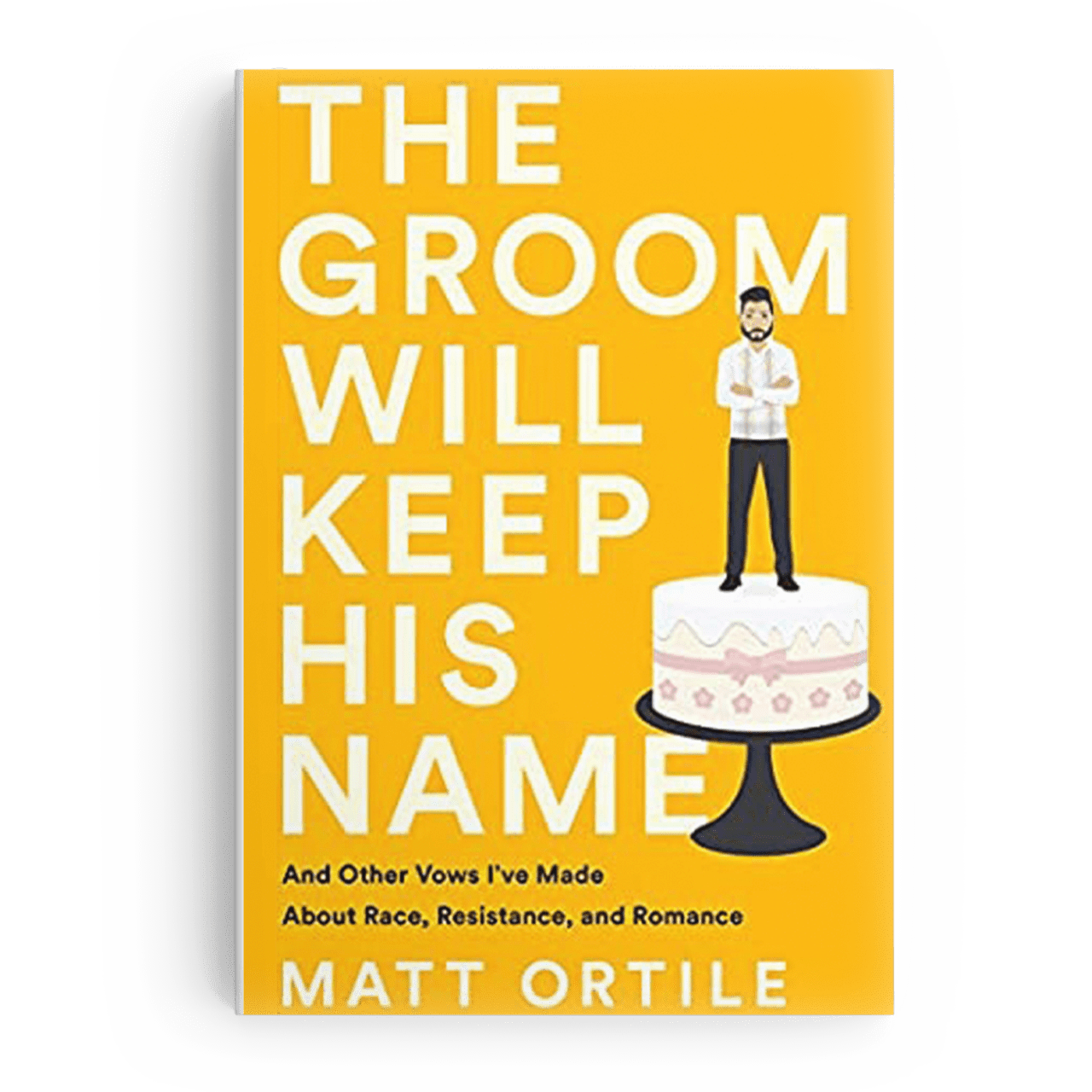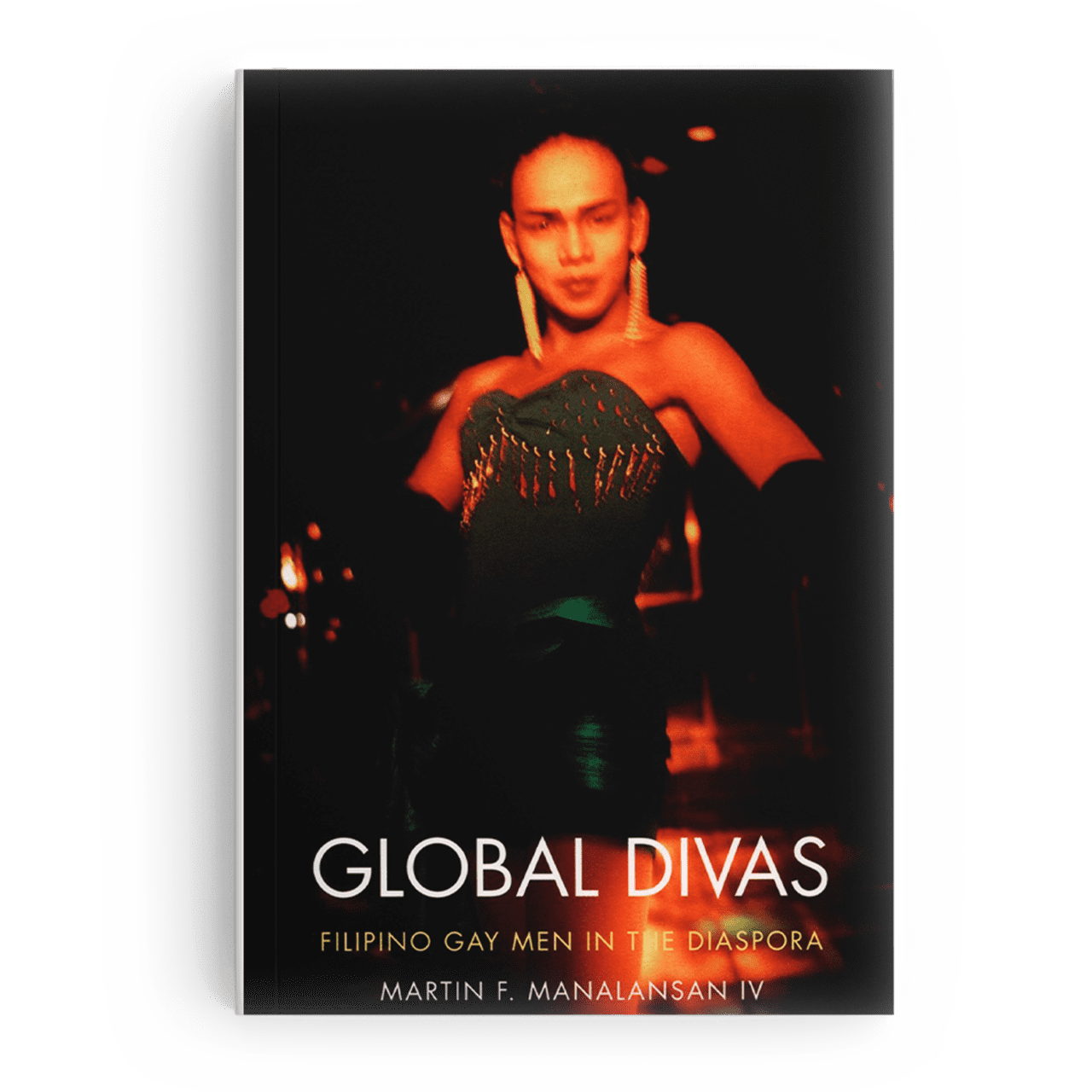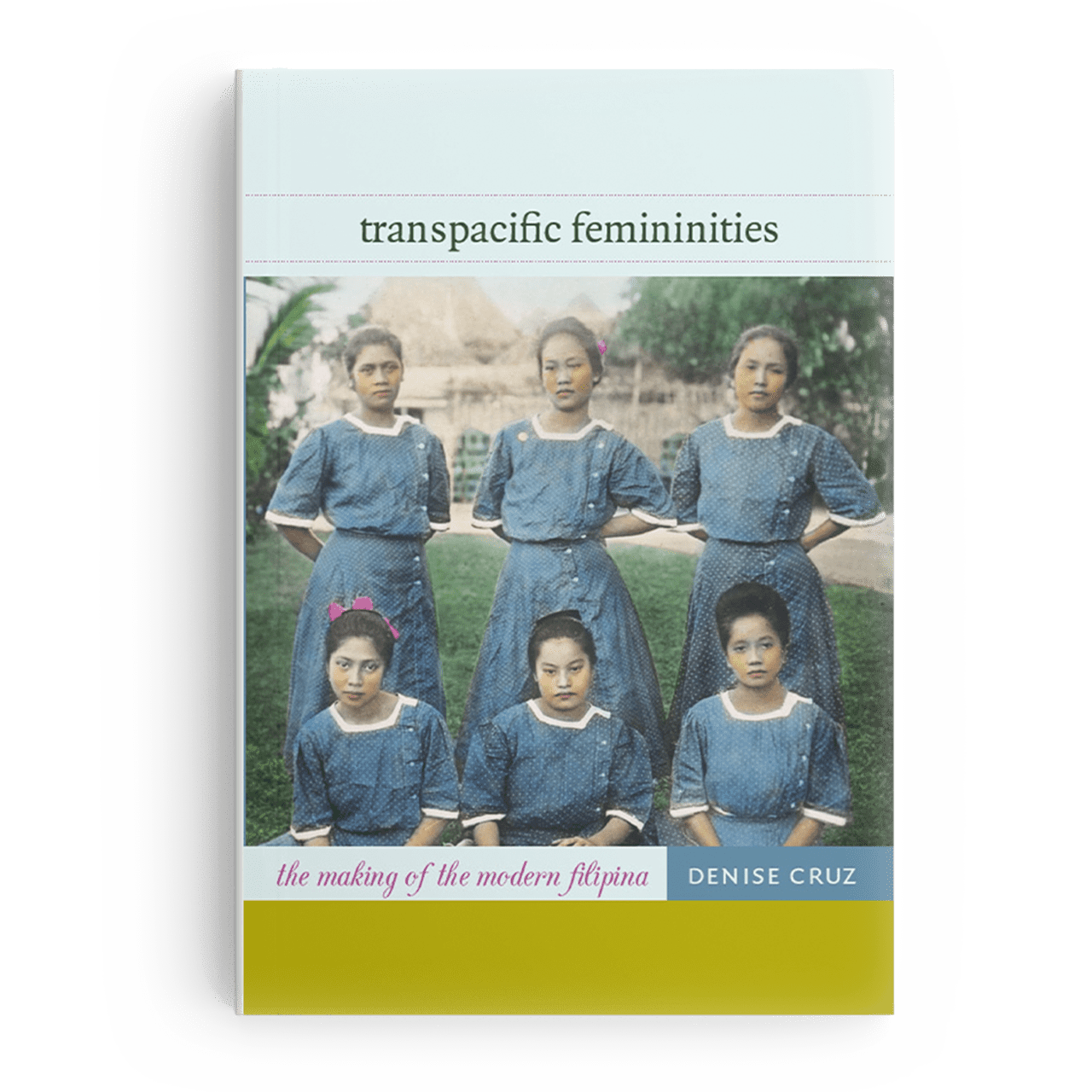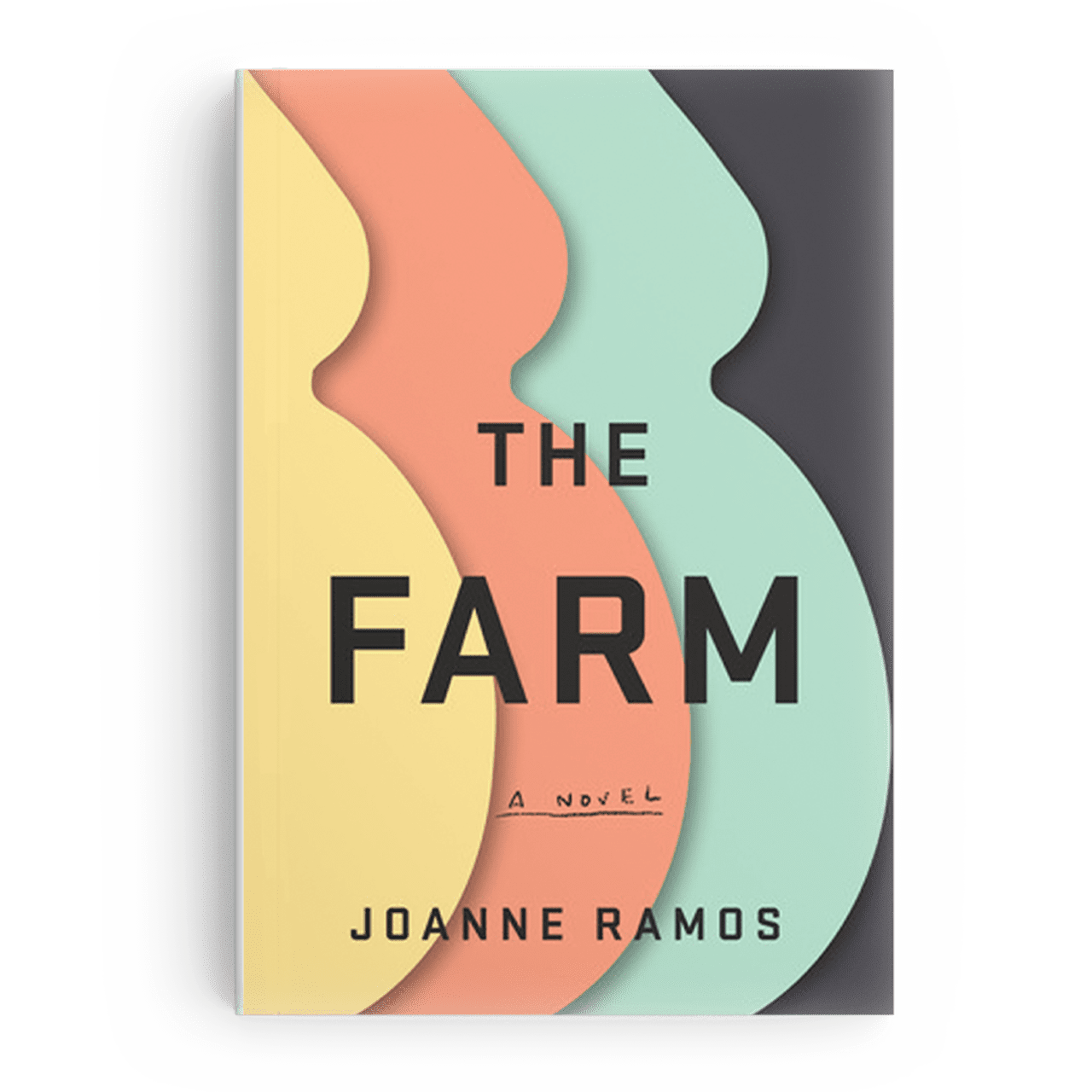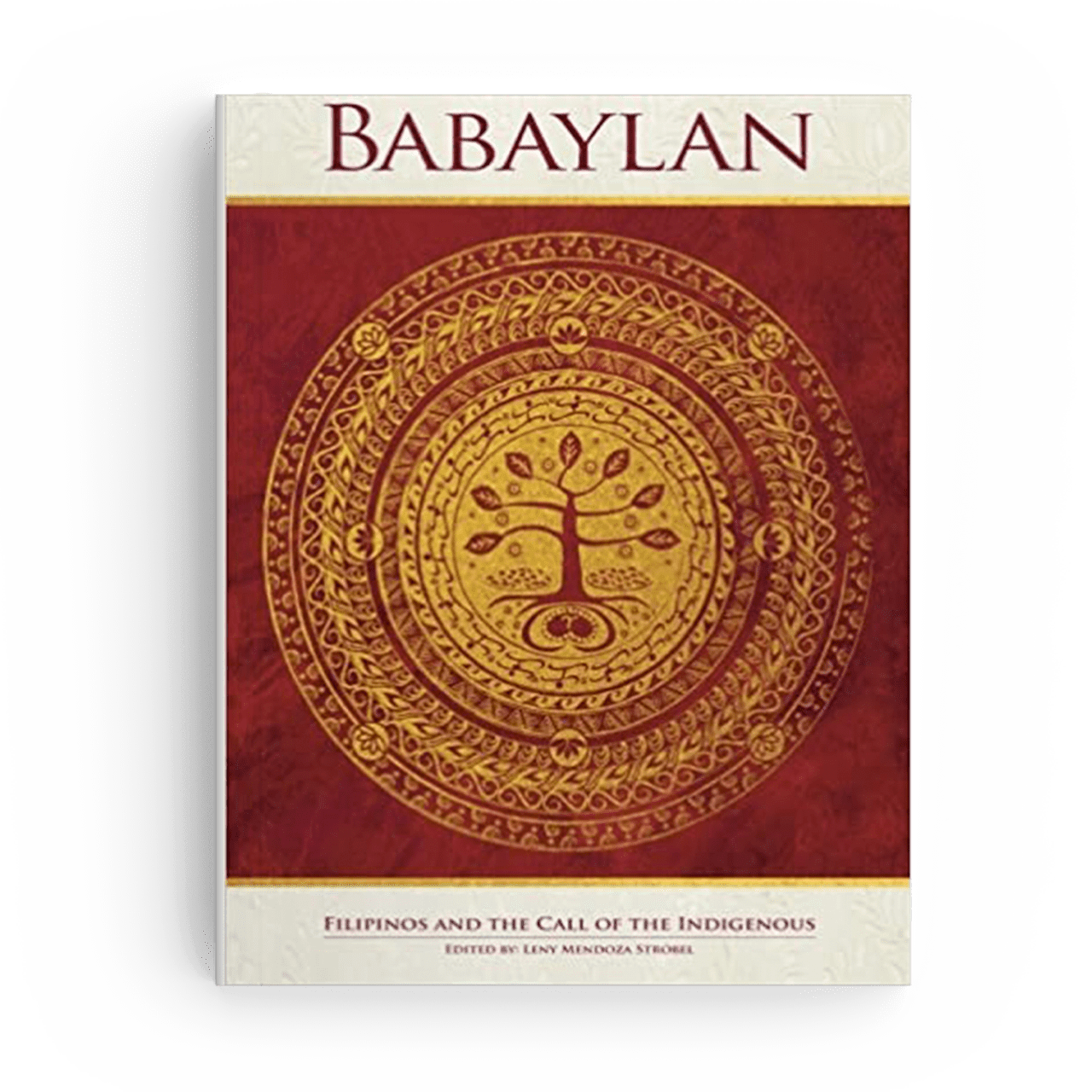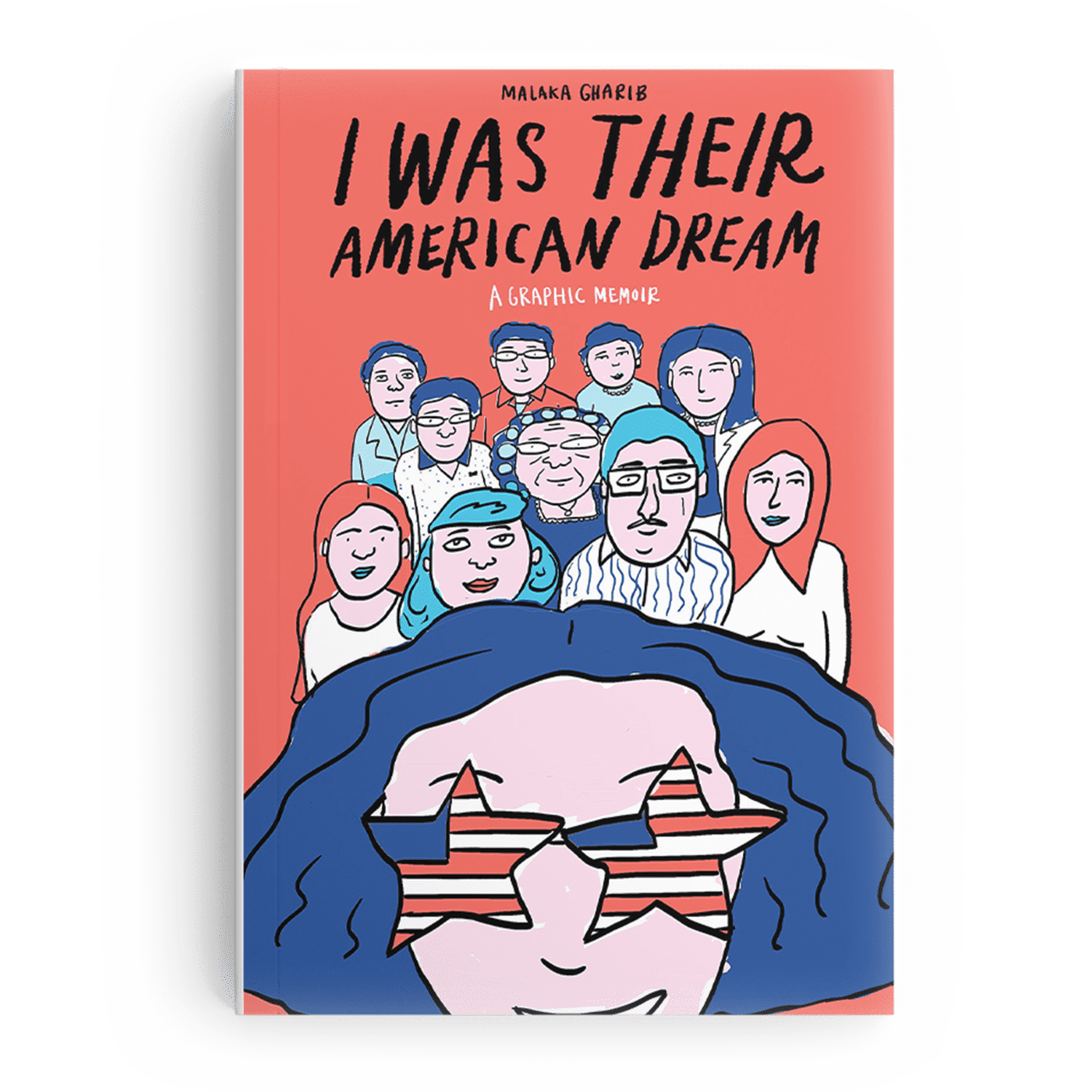Envato Elements
These Filipino books are essential reading.
What is the Filipino identity? And how does it come into play in modern day society? With a pre-colonial and colonial past spanning half a millennium, foreign influences are inextricable from our cultural DNA. Similarly, cluing in on the experiences our contemporaries go through as part of the diaspora and today’s changing world helps us dismantle and pinpoint ingrained notions and practices. (Utang na loob or debt of gratitude, for example, is a philosophy that persists and passed down to generations.) As we try to understand the modern Filipino, it’s important to harken back to our collective history to get a sense of our present and future.
Below are 10 books—spanning murder mysteries to salacious memoirs—that are essential reading to those looking for a peek into what it means to be Filipino in today’s world, whether you’re from the homeland or diaspora.
Arsenic and Adobo
Mia Manansala’s Arsenic and Adobo is a delectable murder-mystery novel with a spotlight on Filipino cuisine where a food truck serving adobo and other local dishes takes center stage. Considered a “cozy mystery,” this novel, the first installment to Tita Rosie’s Kitchen Mysteries trilogy, covers the heroine Lila’s search for answers amid the murder of her food critic ex-boyfriend—in which she is the prime suspect.
A Filipino Agatha Christie in its own delicious right, this IIllinois-based author’s novel peers right into the nuances of culture, examining ingrained concepts like “utang na loob” amidst the desire for independence, an aversion to intercultural dating, an pride in introducing our cuisine to the world, all while carrying entertaining and entrancing subplots.
14
Manix Abrera’s graphic novel, 14, reimagines creatures from local folklore, often peddled as scary, murderous beings. The illustrated story follows one human’s inexplicable night when he finds himself in the middle of a circle of creatures from Philippine mythology—a manananggal, tikbalang, kapre, and tiyanak among them—swapping stories and tales.
Despite the fact that this whole novel is a collection of stories, not one word is written. Rather, Abrera finds a way to give life to each frame—taking to heart the phrase “a picture is worth a thousand words.”
Monstress
Monstress, by San Francisco-based Lysley Tenorio, is a collection of short stories that follows Filipino-Americans with completely different lives in the U.S. and the Philippines, from a retired B-movie actress to a faith healer—even a member of a leper colony. Each story gives the reader a vivid, heartwarming, and sorrowful view of each person’s perspective, all while exposing what it means to reconcile Filipino traditions with the modern world.
The novel also zooms in on the ideas of both the celebrity and the monstrous through the lens of fictional and sometimes non-fictional settings.
Empire of Care: Nursing and Migration in Filipino American History
Thanks to the large population of overseas foreign workers the Philippines produces, there’s a high likelihood that hospitals, wherever you are in the world, will have Filipino nurses. If you’ve ever wondered why, Catherine Ceniza Choi’s nonfiction work is an in-depth resource that explores this question. The book goes through the history of labor in the country, as well as influences from the American Colonization and feminist history in the Philippines.
The Groom Will Keep His Name
Matt Ortile made a splashy debut as an author with his sexy memoir, The Groom Will Keep His Name: And Other Vows I’ve Made About Race, Resistance, and Romance, released in 2020. Drawing from the history of the Philippines and its queer community, Ortile charts his own experiences as a Filipino immigrant identity comes into play in sex, power, and the model minority myth. expect explicit storytelling paired with eloquent introspections on life as a queer immigrant in New York City.
Global Divas: Filipino Gay Men In The Diaspora
For anyone interested in the nuances of race, gender, and sexuality in modern Filipino life, Global Divas: Filipino Gay Men In The Diaspora by Martin F. Manalansan IV is a fantastic ethnography to peruse. Manalansan focuses on the lives of gay Filipino immigrants in New York, their relationship with citizenship, and life for the non-binary diaspora. The 2003 title also gives a hard look at how queer individuals cope with both domestic struggles and life-threatening situations in a globalized world.
Transpacific Femininities: The Making of the Modern Filipina
What does it mean to be a Filipino woman? Denise Cruz’s 2012 book, Transpacific Femininities, takes a scholarly dive into the country’s recent history—from the colonial era onwards—and invites a feminist perspective to traditional topics like national heroes, class systems, and war. By studying works of contemporary Filipina authors, Cruz attempts to construct who the modern Filipina is—a far cry from the notion of Maria Clara.
The Farm
Joanne Ramos’ fictional debut novel The Farm follows Jane, a domestic worker in New York, who agrees to be a surrogate for the uber-wealthy. Though almost dystopian, the novel explores the unsavory realities domestic workers face abroad and makes a cheekily-packaged commentary on what it means to be a minority in a predominantly white society by juxtaposing her point of view with others’ throughout the 2019 book.
Babaylan: Filipinos and the Call of the Indigenous
There has been a growing awareness over the past few years not to neglect the rich history of our pre-colonial past. This increasing interest in our indigenous cultures is discussed in rich detail in the book Babaylan, edited by Leny Mendoza Strobel, which offers insight into beliefs around healing spirits, Kapwa psychology, and non-conforming gender.
I Was Their American Dream: A Graphic Memoir
Wherever you stand on the FilipinX discourse, many children of immigrants abroad often straddle multiple identities and cultures, and feel the tug of growing up elsewhere. NPR editor and cartoonist Malaka Gharib’s I Was Their American Dream: A Graphic Memoir explores her teenage experiences code-switching between her Egyptian and Filipino customs, all while also navigating being a daughter of immigrants and what that entails. Her coming-of-age story, at times poignant and conflicted, heavily resonates with second and third generation immigrants, and the cartoon-style storytelling makes for a fun, easy read.
